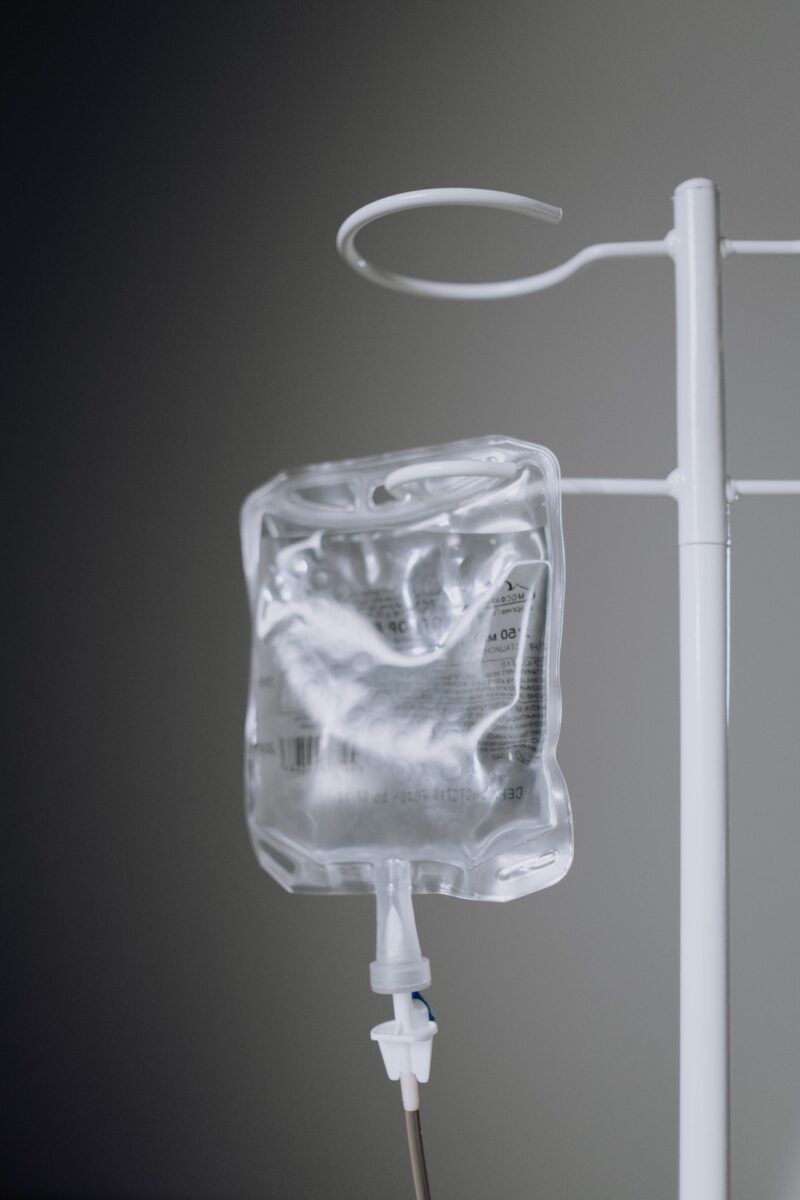Intravenous Therapy
Intravenous Therapy in Home Health Care
Staying in a hospital is no longer necessary for receiving intravenous therapy. Many patients can now enjoy the convenience of IV treatments in their homes, allowing them to recover comfortably while still receiving professional care. At Unique Care LA Home Health Care, our skilled nurses specialize in administering and managing intravenous therapy, ensuring patient safety and comfort while promoting faster recovery times.
IV therapy is prescribed for a range of conditions. It delivers chemotherapy and anti-nausea medications to cancer patients, provides intravenous antibiotics to combat stubborn infections, offers IV hydration therapy to address dehydration, administers powerful pain relief, and more. While IV treatments often involve specialized equipment, our team works to make the process as seamless and stress-free as possible for our Los Angeles patients.
Intravenous Antibiotics at Home
When oral or intramuscular (IM) antibiotics are not effective, intravenous antibiotics may be necessary. These treatments allow medications to be delivered directly into the bloodstream for maximum effectiveness.
- Before and after surgery: Even minor surgeries carry a risk of infection. Intravenous antibiotics, used in combination with oral antibiotics, help prevent infection during and after surgery. For gastrointestinal procedures in particular, IV antibiotics are often essential. Patients discharged from the hospital can complete their treatment at home under the care of our dedicated team.
- For severe infections: Certain infections, such as those affecting the lungs, bones, or brain, may not respond well to oral antibiotics. Intravenous antibiotics are highly effective in treating these complex cases, as well as specific diseases like Lyme disease and meningitis.
IV Hydration Therapy
Dehydration can be a serious concern for many patients, particularly those who are unable to drink sufficient fluids. IV hydration therapy delivers fluids directly into the bloodstream, providing relief while addressing the underlying causes of dehydration.
Conditions that may benefit from IV hydration therapy include:
- Severe vomiting and diarrhea: These symptoms, often resulting from chemotherapy, gastrointestinal issues, or severe morning sickness, can make it nearly impossible for patients to stay hydrated.
- Dysphagia: Difficulty swallowing, whether due to neurological conditions or muscular issues, can prevent adequate fluid intake.
- Severe hypercalcemia: High calcium levels in the blood can lead to heart and nervous system complications. Rapid hydration can mitigate these risks.
- Electrolyte imbalances: Dehydration can cause cramps and impair cognitive function. IV fluids with electrolytes can restore balance and alleviate symptoms.
- Migraines: Hydration combined with vitamins and supplements can provide significant relief for migraine sufferers.
Our expert team ensures that patients receive the hydration they need, making a noticeable difference in their comfort and overall health.
Are There Downsides to IV Antibiotics and Hydration?
While intravenous therapy has many benefits, it’s not without potential drawbacks. Our team carefully evaluates each patient’s needs to ensure the safest and most effective treatment plan.
Potential issues include:
- Injection site discomfort: Large needles can cause pain, and there is a risk of infection. Patients and caregivers should report any signs of irritation or infection immediately.
- Vein damage: Improper IV installation or excessive manipulation can lead to infiltration (medication leakage into surrounding tissue) or phlebitis (vein inflammation).
- C. difficile risk: Long-term antibiotic use can disrupt healthy gut bacteria, increasing the risk of Clostridioides difficile infections.
- Nutrient imbalances: Electrolyte imbalances may arise if fluids are not carefully managed. Our team monitors patients closely to avoid this.
- Fluid overload: Administering too much fluid can lead to high blood pressure, edema, or shortness of breath.
- Frequent urination: Increased fluid intake may inconvenience patients with limited mobility.
- No self-administration: Unlike oral medications, IV treatments must be managed by a certified nurse or concierge physician. However, pain medication delivered via IV can sometimes be self-regulated within prescribed limits.
Despite these challenges, intravenous therapy remains an invaluable option for many patients. With the support of our expert home health team, patients can manage side effects and continue their treatment plan with confidence. We also educate families on managing IV equipment, ensuring minimal disruption to daily life. If questions or issues arise, our 24/7 helpline provides prompt assistance.
If you or a loved one in Los Angeles could benefit from home IV therapy, contact Unique Care LA Home Health Care today to learn how we can help.


